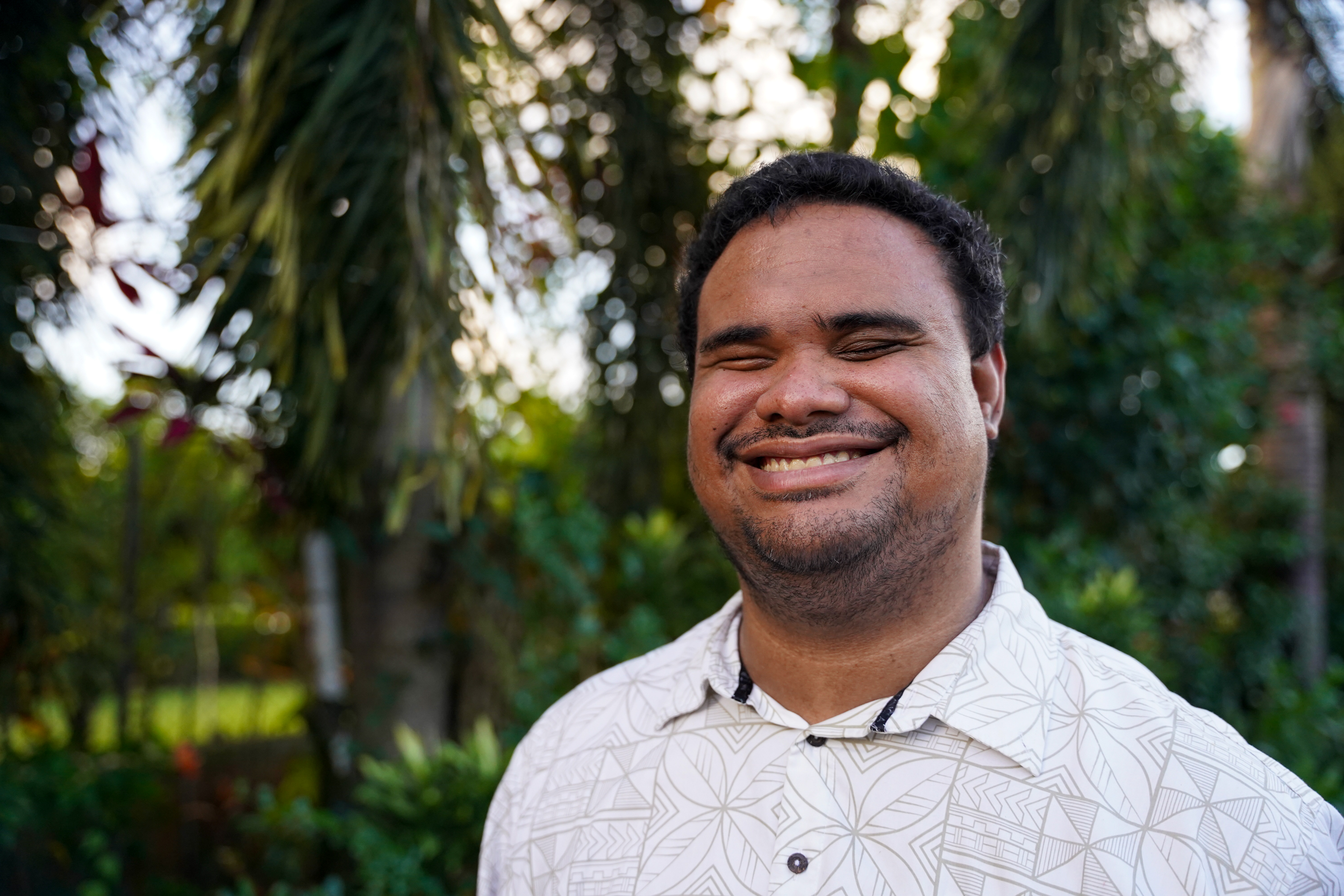
News
Pacific Myth As a Catalyst For Disability Justice
DJP Fellow Ari Hazelman Uses the Pacific Island Nations’ Rich History in Storytelling as Inspiration for His Advocacy Work
June 30, 2023
APIA, Samoa – Thirty-four-year-old Ari Hazelman is representing the Samoa Blind Persons Association in the Disability Justice Project’s program. As a filmmaker who is blind, he is exploring new ways of making accessible films with the help of the DJP.
Question: Tell me about your country and the government in your country in regard to persons with disabilities.
Answer: The government of Samoa ratified the CRPD (the Convention on the Rights of Persons with Disabilities) in 2016, and with the help of our advocacy organization for persons with disabilities called Nuanua O Le Alofa, we have been able to provide awareness programs for government as well as training programs, and we have also helped the government to review how they have been implementing some of the articles of this. Also, this new government that came into power last year has now introduced a disability benefit scheme, which is the first-ever social protection scheme for persons with disabilities.
Question: What is your kind of advocacy?
Answer: I think that being a fellow of the Disability Justice Project is very important because … the Disability Justice Project, through its training on advocacy journalism, will help organizations such as the Samoa Blind Persons Association to tell important stories that need to be heard by people in power and also by the citizens of Samoa and the world on issues that affect people who are blind and visually impaired as well as issues that affect persons with disabilities living in Samoa.
Question: Why are you attending this workshop?
Answer: I think that attending this workshop is very important because it is giving us the tools so that we may use these tools to tell stories. We in the Pacific are very good at telling stories. When we think about our myths and legends that we have in our Pacific culture, that’s part of the stories that we grow up with as children. So we always use these stories to teach our children and our societies about good things in life. So when you put it to the disability field, using the stories that we can document through the knowledge that we learn in this workshop will help us to tell our stories and use those stories to make a positive change in our society.
DJP Fellow Terubeioma (Ruby) Napetari is a member of Te Toa Matoa, the umbrella organization for people with disabilities in Kiribati. She is a theater director and a composer who works with women and youth with disabilities and NGOs to help deliver their messages to communities through drama and song. @2023 Te Toa Matoa. All rights reserved.
News From the Global Frontlines of Disability Justice

Rwanda’s Marburg Crisis
As Rwanda confronts its first-ever Marburg virus outbreak, people with disabilities face heightened risks — not only from the virus but also from the lack of accessible health information. “Without proper accommodations, such as sign language interpreters, captions, Braille, or visual aids, the Deaf and DeafBlind community may miss crucial information about how to protect themselves, symptoms to watch for, or where to seek help in case of infection,” says Joseph Musabyimana, executive director of the Rwanda Organization of Persons with Deaf Blindness.
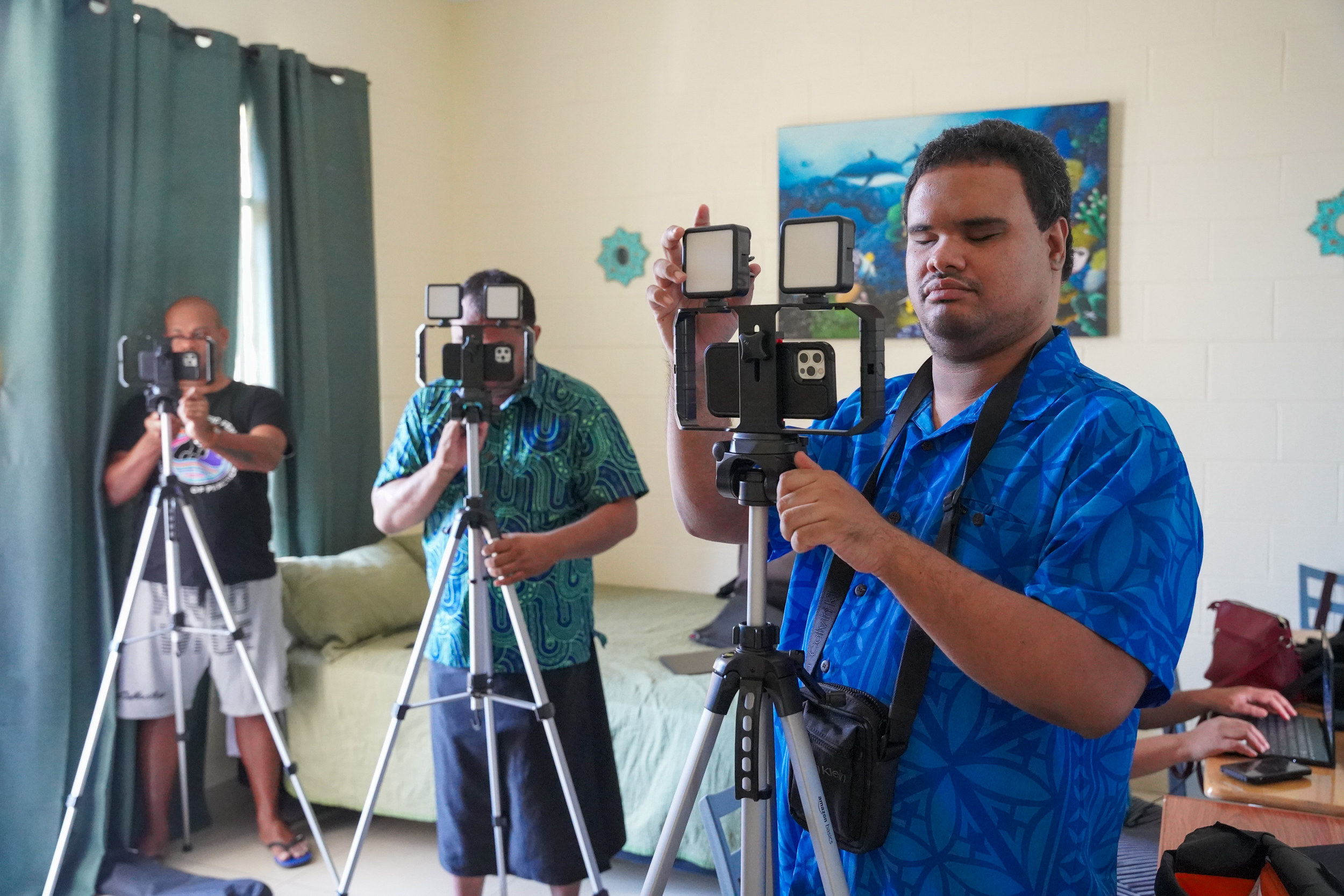
Capturing Vision Through Sound and Touch
Last summer, the DJP trained Indigenous activists with disabilities from the Pacific on the iPhone camera to create a documentary series on disability and climate change. With VoiceOver, the iPhone provides image descriptions for blind and low-vision filmmakers and offers other accessible features. “If you think about it, it doesn’t make sense for a blind person to use a camera,” says DJP filmmaker Ari Hazelman. “The iPhone gives you more avenues to tell your story in a more profound way as a blind person.”
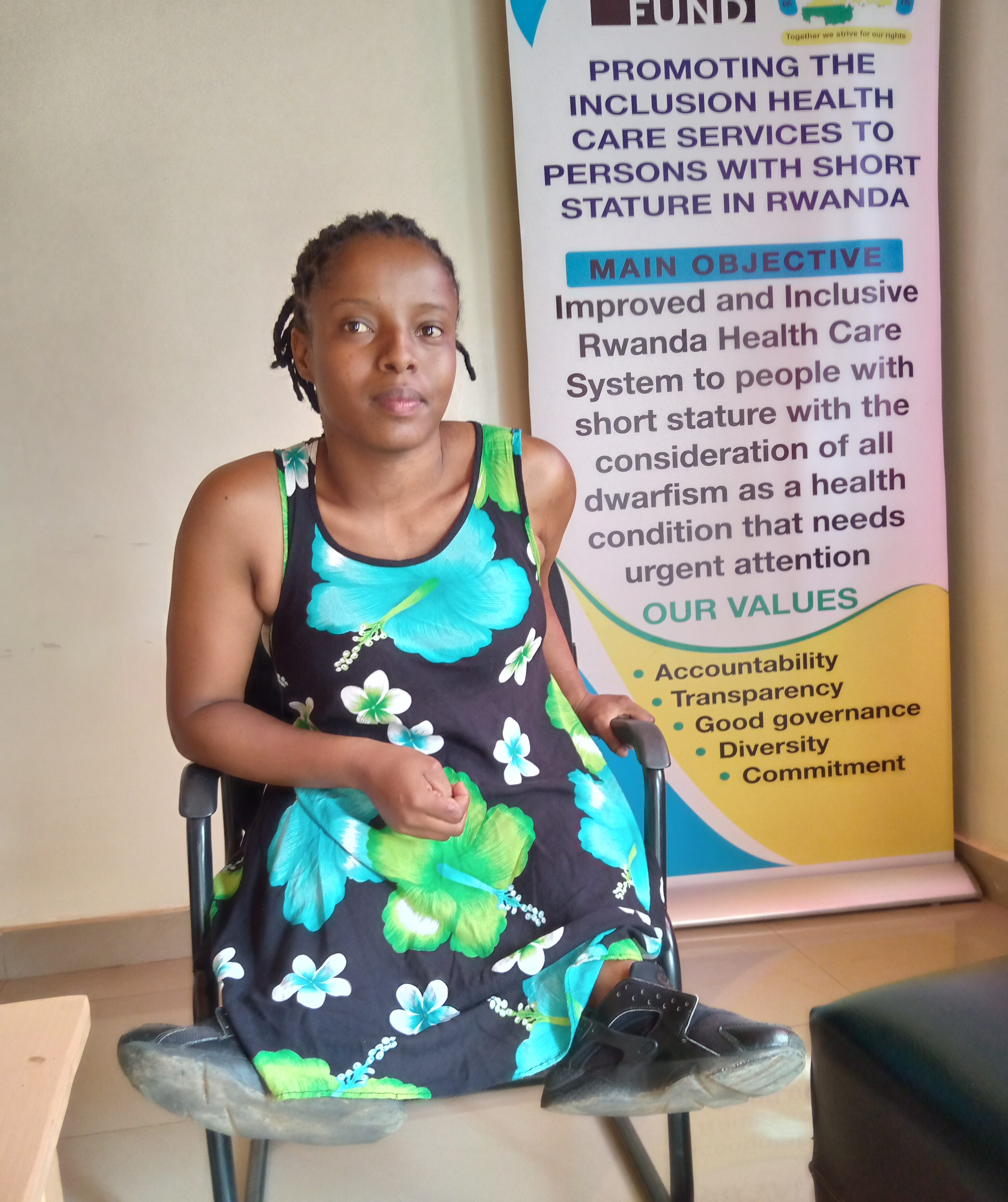
Work for All
The We Can Work program equips young Rwandans with disabilities to navigate barriers to employment through education, vocational training, and soft skills development. By fostering inclusive workplaces and advocating for policy changes, the program aims to reduce poverty and promote economic independence. Participants like Alliance Ukwishaka are optimistic that the program will enable them to achieve their dreams and showcase their potential. The initiative is part of a larger effort to support 30 million disabled youth across seven African countries.
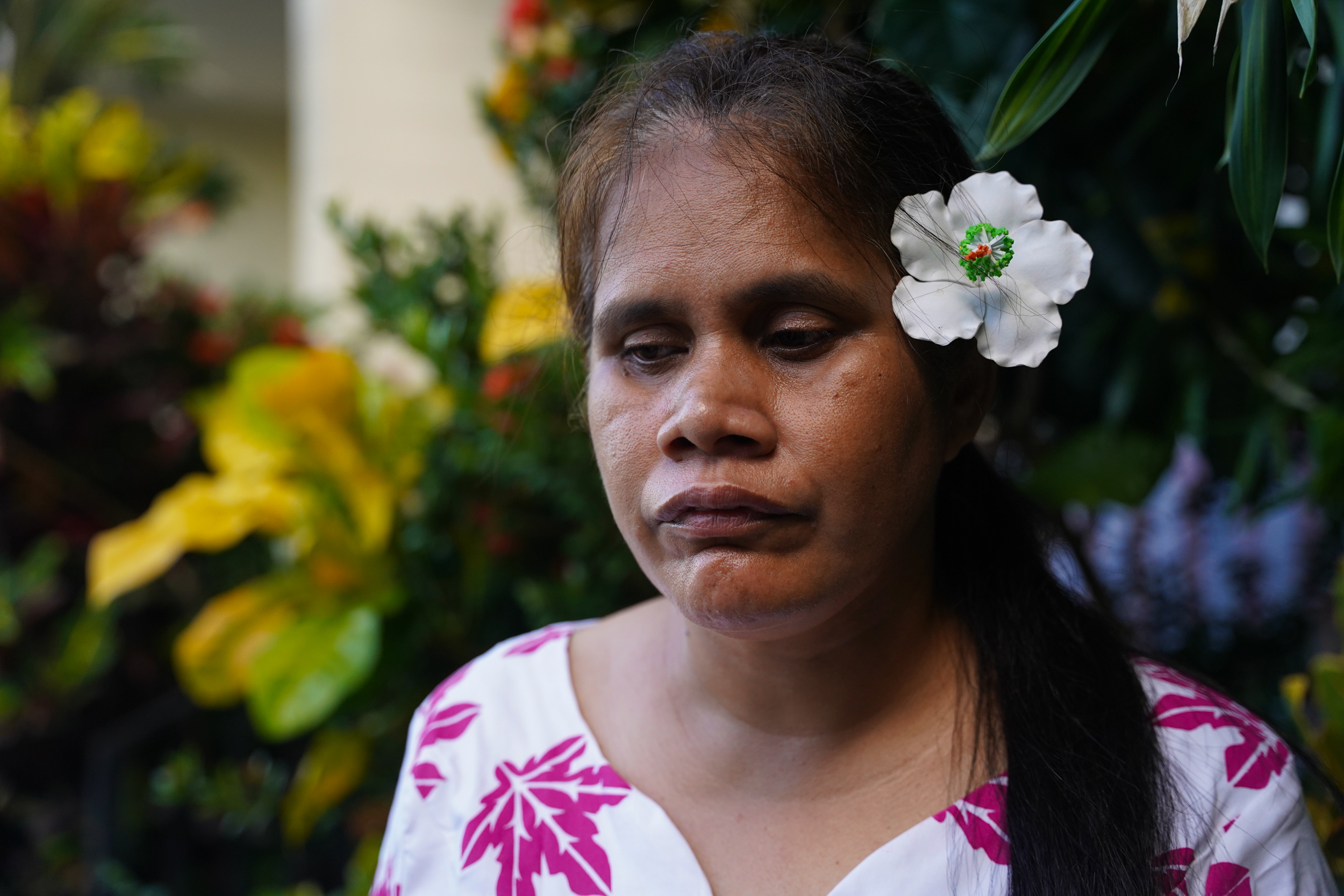
Global Recognition
Faaolo Utumapu-Utailesolo’s film “Dramatic Waves of Change” has been named a finalist in the Focus on Ability International Short Film Festival. The film, completed during a Disability Justice Project workshop in Samoa, highlights the impact of climate change on people with disabilities in Kiribati. Utumapu-Utailesolo, who is blind, used an iPhone with accessibility features to create the film. “Do not leave people with disabilities behind when [you] plan, implement, and monitor programs regarding climate change and disaster,” she says. Her achievement is a testament to the power of inclusive filmmaking.
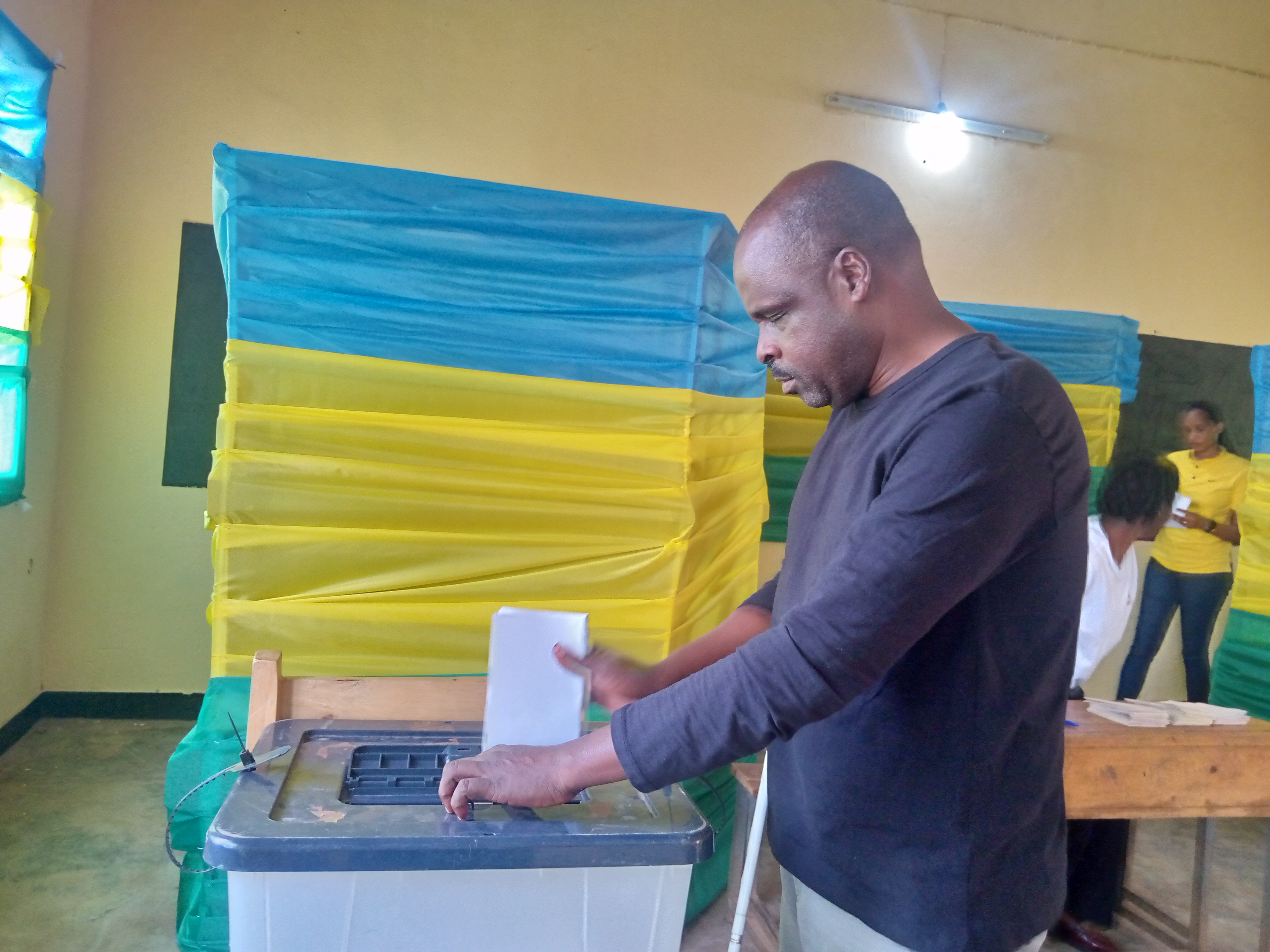
Advancing Democracy
Rwanda has made significant progress in making its elections more accessible, highlighted by the July 15 general elections where notable accommodations were provided. This was a major step forward in disabled Rwandans’ quest for equal rights and participation. “You cannot imagine how happy I am, for I have voted by myself and privately as others do accessibly,” says Jean Marie Vianney Mukeshimana, who used a Braille voting slate for the first time. “Voting is a deeply emotional and meaningful experience for a person with any disability in Rwanda, reflecting a blend of pride, empowerment, and hope.”
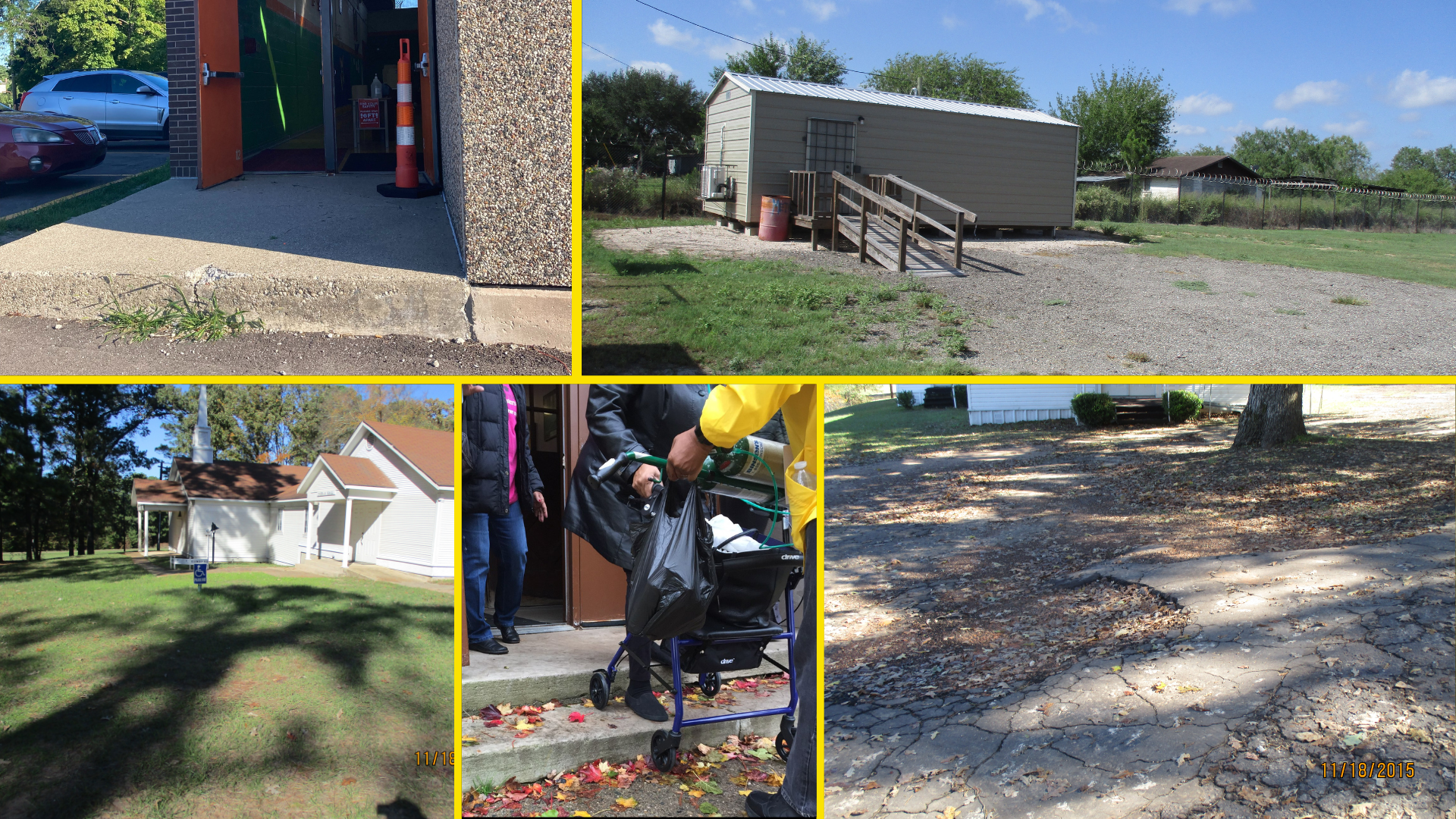
Barriers to the Ballot
Despite legislation like the Americans with Disabilities Act, barriers at the polls still hinder — and often prevent — people with disabilities from voting. New restrictive laws in some states, such as criminalizing assistance with voting, exacerbate these issues. Advocacy groups continue to fight for improved accessibility and increased voter turnout among disabled individuals, emphasizing the need for multiple voting options to accommodate diverse needs. ““Of course, we want to vote,” says Claire Stanley with the American Council of the Blind, “but if you can’t, you can’t.”